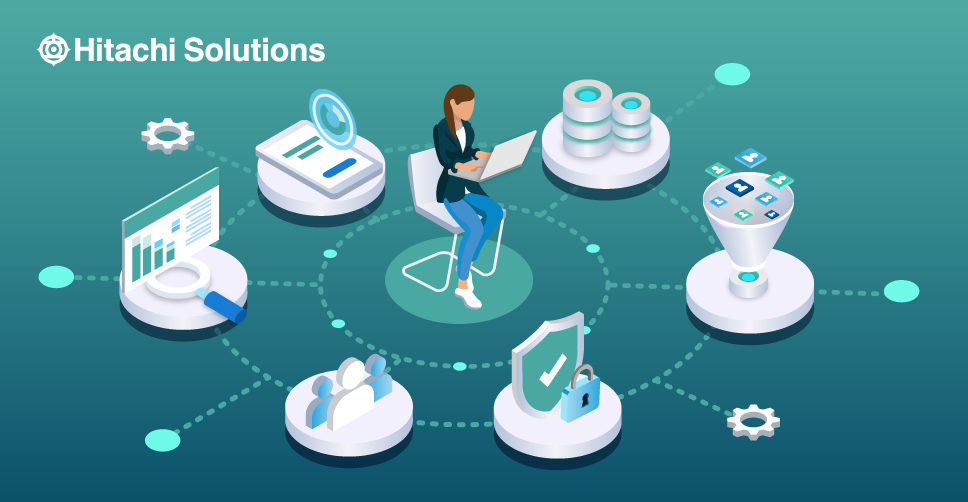

EDMC: Data Governance for Low Code Solutions
If your organization uses Power Platform and is concerned about potential security and data implications, this webinar is for you.
Watch the On-Demand WebinarData governance has long been considered a necessary and important aspect of managing and using data within an organization. It involves establishing policies, procedures, and standards for managing, storing, and protecting data. It’s also for ensuring the data is accurate, consistent, and secure.
However, the rapid pace of technological change, and the growing volume and complexity of data, have made traditional approaches to data governance increasingly outdated and ineffective. As you consider modernizing your data governance strategy, let’s examine why these conventional approaches no longer work.
Traditional data governance frameworks are:
- Focused on compliance and control rather than enabling data-driven decision-making. Data governance frameworks often prioritize the need to comply with regulations and avoid risks, rather than supporting the use of data to drive business growth and innovation. This can stifle creativity and limit the potential value of data.
- Non-pliable —too centralized and rigid to adapt to changing business needs. Typical data governance frameworks tend to be hierarchical and inflexible, with strict rules and procedures that are difficult to update. This can make it hard for organizations to respond to new opportunities and challenges, and to keep up with the pace of change.
- Siloed and disconnected from the rest of the organization. Data governance frameworks are often implemented in isolation from the rest of the business, with little collaboration or coordination across different teams and departments. This can create barriers to data sharing and collaboration and prevent teams from working together effectively to drive business value from data.
- Technology-centered rather than focused on user experience (UI/UX). Typical data governance frameworks tend to concentrate on technology solutions, such as data management platforms and security tools, rather than on the people and processes necessary to ensure data-driven decision-making works. This can lead to a lack of engagement and ownership from the people responsible for using data and make it challenging to create a data-centric culture.
Simply put, customary approaches to data governance just don’t cut it anymore and are no longer sufficient to support today’s complex and dynamic organizations.
To truly unlock the value of data, organizations need to shift their focus from compliance and control to enable data-driven decision-making and adopt more agile, flexible, and collaborative approaches to data governance. This requires a greater emphasis on people, processes, and culture, as well as a willingness to embrace change and adapt to new technologies and business opportunities.
Hitachi Solutions, in conjunction with Microsoft, can help guide you to avoid the common pitfalls of data governance with innovation and expertise including:
- Power Platform– Allow the capabilities of the Microsoft Power Platform (Power Apps, Power Automate, and Power BI) — and Hitachi Solutions’ tech hub of Power Platform experts — to enable data-driven decision-making and prevent siloed and disconnected data sets and processes.
- Advisory Services – Hitachi Solutions’ advisory services team has the experience and depth of knowledge to help you navigate the complexities of the people and processes that are the key to the long-term success of any data governance initiative.
- Partnership with EDMC – Hitachi Solutions leverages best practice CDMC and DCAM frameworks provided by the EDMC to assess your current data governance and management capabilities and determine the right future state.
Ready to reimagine data discovery and governance?
Hitachi Solutions can put you on the right path to modernizing your data governance, starting with a cross-industry assessment to evaluate your maturity and needs. The possibilities are endless when you can turn data into an asset knowing it is accurate, trusted, and secure. Reach out today to learn more.


